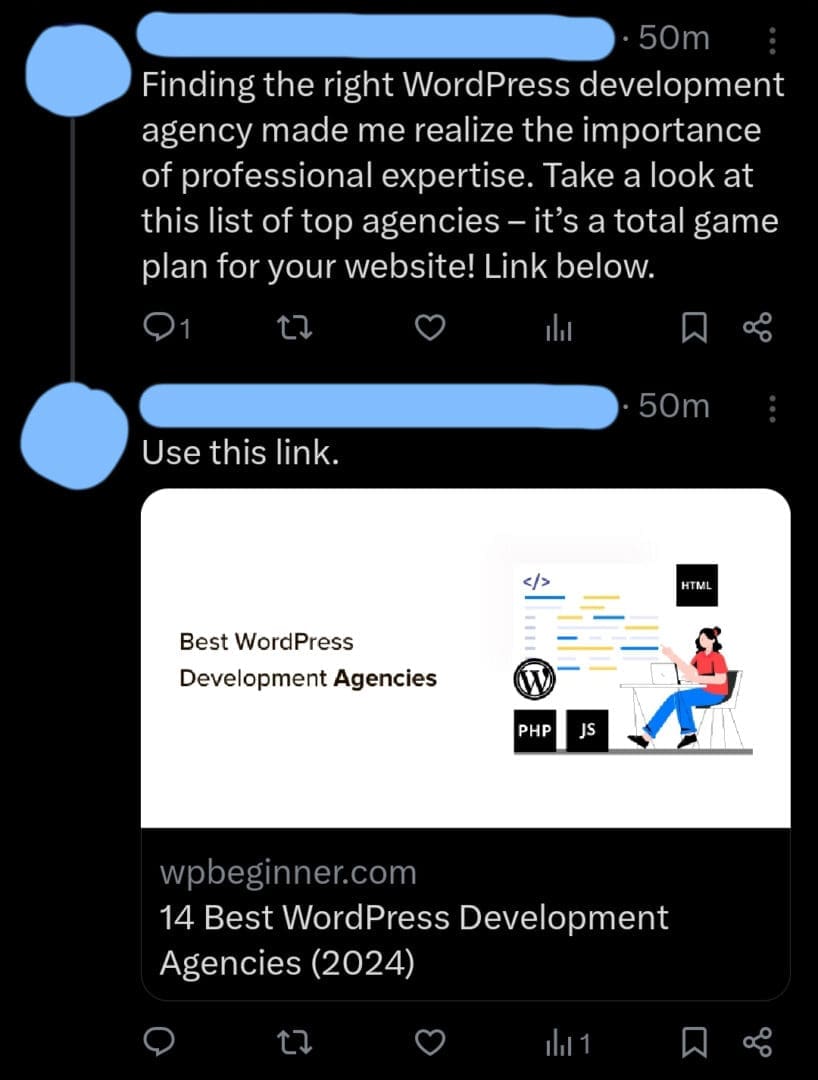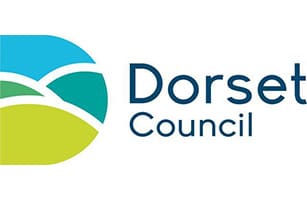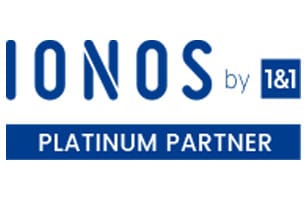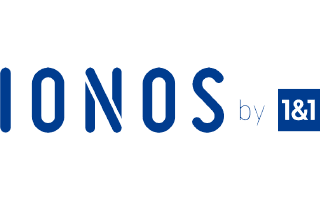Benefits of a Robust Marketing Plan
In the dynamic world of business, where competition is fierce and consumer behaviours evolve swiftly, having a well-crafted marketing plan is akin to possessing a treasure map in uncharted territory. This strategic document not only guides businesses toward their goals but also unlocks a plethora of benefits that can significantly impact their trajectory. Let’s delve into the multifaceted advantages of having a robust marketing plan and explore how it catalyses success.
1. Strategic Direction and Focus:
One of the primary benefits of having a marketing plan is the strategic direction it provides. In a sea of possibilities and potential marketing channels, a plan acts as a compass, guiding businesses toward their objectives. It offers a clear roadmap, ensuring that every marketing effort contributes to the overall strategy and direction of the business.
2. Alignment with Business Objectives:
A marketing plan is not an isolated entity; it is an integral component of the broader business strategy. By aligning marketing initiatives with overarching business objectives, the plan ensures a cohesive and synchronized approach. This alignment prevents disjointed efforts and guarantees that each marketing campaign contributes directly to the overarching success of the business.
3. Resource Optimisation:
Effective resource allocation is a hallmark of successful businesses, and a marketing plan plays a pivotal role in this aspect. It allows businesses to delineate a budget and prioritize marketing channels based on potential return on investment (ROI). This strategic allocation ensures that financial and human resources are utilized optimally, maximizing the impact of marketing efforts.
4. Efficient Execution:
With roles, responsibilities, and timelines clearly outlined in a marketing plan, the execution of marketing strategies becomes more efficient. Team members understand their tasks, deadlines are established, and communication flows seamlessly. This efficiency minimizes the risk of miscommunication, ensuring that marketing campaigns unfold smoothly and effectively.
5. Risk Mitigation:
Uncertainties are inherent in the business landscape, and effective risk mitigation is crucial for long-term success. A well-crafted marketing plan serves as a proactive tool for anticipating challenges. By conducting thorough market analyses and developing contingency plans, businesses can navigate uncertainties more effectively, reducing the impact of unforeseen events on their marketing initiatives.
6. Measurable Success and Accountability:
A marketing plan establishes clear objectives and key performance indicators (KPIs), providing a measurable benchmark for success. This not only allows for the measurement of results but also fosters accountability within the organization. Teams are motivated to strive for excellence when they have defined goals to meet and measurable outcomes to achieve.
7. Competitive Edge:
In a crowded marketplace, having a well-crafted marketing plan provides a distinct competitive edge. Through thorough market analysis and an understanding of competitors, businesses can identify opportunities for differentiation. This insight enables the development of strategies that set the business apart, fostering a unique selling proposition (USP) that resonates with the target audience.
8. Adaptability to Market Changes:
The business landscape is dynamic, with market conditions evolving rapidly. An effective marketing plan embraces flexibility, allowing businesses to adapt to changing trends, emerging opportunities, and unforeseen challenges. This adaptability is crucial for staying relevant and responsive in a dynamic environment.
9. Enhanced Customer Understanding:
Developing a marketing plan necessitates a deep dive into understanding the target audience. Through detailed analyses of customer demographics, behaviours, and preferences, businesses gain invaluable insights. This enhanced understanding forms the basis for creating campaigns that resonate with the audience, fostering a stronger connection and increasing the likelihood of conversion.
10. Long-Term Vision and Sustainability:
A marketing plan is not just about immediate gains; it’s about laying the groundwork for long-term success. It encourages businesses to envision their trajectory and strategize for sustained growth. This long-term vision provides a roadmap for sustainability, ensuring that marketing efforts contribute to the enduring success of the business.
11. Enhanced Brand Image and Consistency:
Consistency is key to building a strong brand image. A marketing plan ensures that messaging, visuals, and brand identity remain consistent across all channels. This consistency contributes to a cohesive brand image, enhancing recognition and trust among the target audience.
12. Maximised Return on Investment (ROI):
With a strategic allocation of resources and a focus on measurable outcomes, a marketing plan maximizes the return on investment (ROI). Businesses can identify the most effective channels and tactics, ensuring that each dollar spent contributes meaningfully to the achievement of marketing goals.
13. Facilitates Informed Decision-Making:
A marketing plan is a repository of data, insights, and analyses. It equips decision-makers with the information needed to make informed choices about marketing strategies. This informed decision-making minimizes the risk of ad-hoc decisions and ensures that each move is aligned with the overarching plan.
14. Encourages Innovation and Creativity:
Within the structured framework of a marketing plan, there is room for innovation and creativity. Businesses can experiment with new ideas and campaigns, knowing that these endeavours are grounded in a strategic foundation. This balance between structure and creativity fosters a dynamic marketing approach.
15. Empowers Marketing Teams:
Marketing teams operate more efficiently and confidently when armed with a well-defined plan. It provides a sense of purpose, direction, and autonomy. Empowered teams are more likely to take ownership of their initiatives and drive success.
In conclusion, the benefits of having a robust marketing plan extend far beyond a mere document. It is a dynamic tool that propels businesses toward success by providing strategic direction, aligning with broader objectives, optimizing resources, fostering efficient execution, mitigating risks, and offering a competitive edge. As businesses navigate the complexities of the market, a well-crafted marketing plan becomes not just a blueprint for success but a catalyst for sustained growth and excellence.























